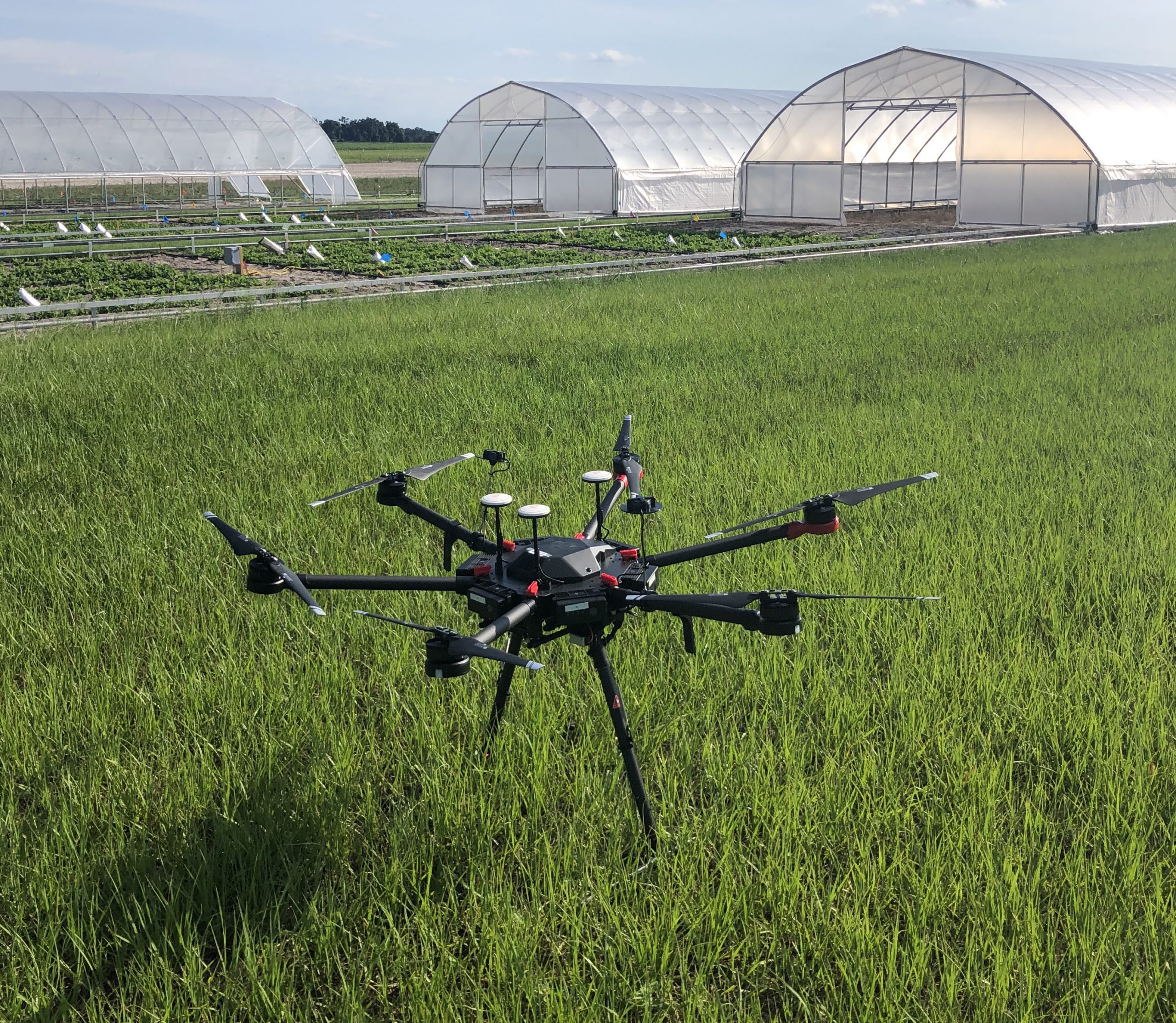As land managers and policy-makers around the state of Florida look for ways to mitigate the effects of climate change, it is becoming increasingly clear that ecosystem services—benefits provided by agricultural and natural systems—have a critical part to play. Researchers in UF’s Department of Electrical and Computer Engineering, along with collaborators from UF/IFAS, are developing AI systems for the purpose of more accurately measuring ecosystem services and how they are impacted by various land management practices. Two parallel, yet related, projects are aiming to improve data collection in order to assist decision makers.
ECOSYSTEM SERVICES

Ecosystem services is an umbrella term which encompasses naturally occurring and human-driven agricultural processes, including: carbon sequestration, pollinator support, water storage, and the production of food and other plant- and animal-based products. All of these processes can be leveraged, through best practices, to aid in climate change mitigation. To make management and land-use decisions that are climate-smart and economically beneficial for all Floridians, an important first step is to quantify the impact of specific management decisions on these ecosystem services. Dr. Alina Zare leads the team, along with collaborators Dr. Joel Harley (ECE), Dr. Lincoln Zotarelli (Horticultural Sciences), and Dr. Jose Dubeux (Agronomy), that is providing that first step.
Their $2M project, AI-HARVEST, will develop the data collection network and the AI tools needed to quantify the benefits provided by ecosystem services. To begin to develop this infrastructure, AI-HARVEST will first focus on measuring plant biodiversity across the state and determining the relationships between plant biodiversity and land use. Researchers will collect data gleaned from field measurement (e.g., walking transects in the field collecting point spectrometer data and species/biodiversity data), flying drones equipped with hyperspectral cameras, and the analysis of satellite imagery. In the future, they will expand to new ecosystem services to study best land management practices. Funding for the project is included in the recently enacted state of Florida budget going into effect July 1.
GROWING FOOD MORE EFFICIENTLY
Producing food more efficiently—growing more with less—is another critical strategy in mitigating the effects of climate change. Dr. Zare is also part of a team of researchers working on a portion of an $8.8M project looking into nutrient application rates for citrus, corn, green beans, tomatoes and potatoes. She, along with Zotarelli, Dr. Charlie Messina (Horticultural Sciences), Dr. Kelly Morgan (Soil & Water Science), Dr. Lakesh Sharma (Soil, Water & Ecosystem Sciences), and Dr. Christian Christensen (IFAS), is leading the AI team on the project. The sub-group is designing an AI system to aid in providing better and more adaptive nutrient application recommendations in the future.
